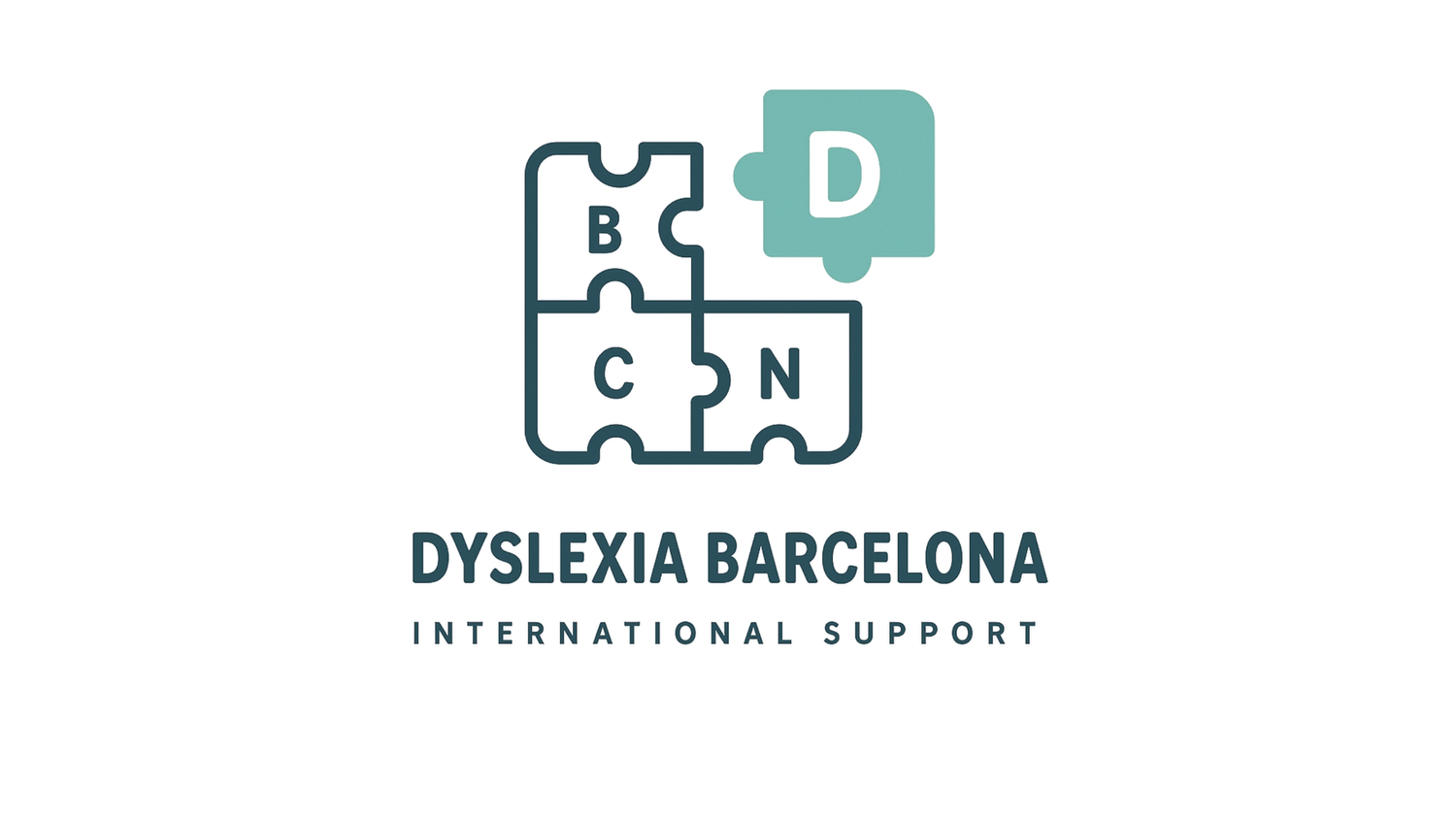Psycho-Educational Assessment
❊ Diagnostic Assessments
Building Readers.
One Step at a Time.
A psycho-educational assessment includes a range of tests that look at your child’s underlying abilities such as short-term and working memory (including phonological memory), processing speed, and phonological awareness. It also covers attainment tests that assess reading, writing, spelling, and numeracy skills.
Our dyslexia assessor, Fiona Higgins, and child neuropsychologist, Meritxell Alquezar, carefully design each assessment to match your child’s unique needs and the purpose of the evaluation. As part of the process, we also review your child’s developmental history, educational background, and any challenges they may be experiencing in school.
The results provide a clear picture of your child’s strengths and areas that may need extra support. We use this information to create practical, individualised recommendations for interventions and strategies to help your child learn and thrive.
What does it involve:
Pre Assessment Interview with Parents - via zoom
Pre Assessment Parent & Teacher Questionnaires
Psycho-Educational Assessment - A psycho-educational assessment examines cognitive processing and academic attainment to provide a clear picture of learning strengths and difficulties, and to determine whether a diagnosis of a learning difference, such as dyslexia, may be appropriate.
Written Report
Post Assessment Meeting with parents to discuss results. - via zoom
Post Assessment Meeting with child's teacher to discuss classroom accommodations needed
Duration of assessment:
Approximately 3-4 hours.
This is divided into two in depth testing sessions with two professionals, a child neuropsychologist and a Dyslexia Assessor.
After the assessment:
After the assessment, a comprehensive written report will be provided, offering a thorough analysis of the results and relevant individualised recommendations to assist your child.
Benefits of a Psycho-Educational Assessment
A psycho-educational assessment provides a clear picture of your child’s learning profile, highlighting both strengths and areas that may need extra support.
By identifying challenges early, it allows the right strategies and interventions to be put in place, both at home and in school. The results can guide teachers in adapting their approach, help families understand their child’s unique learning style, and boost a child’s confidence by showing them how they learn best.
Most importantly, the assessment offers practical, individualised recommendations to support your child’s progress and well-being.
What happens post assessment?
Once the assessment is complete, parents are invited to a feedback meeting where we explain the results in clear, straightforward language. We also share practical recommendations and guidance on the most appropriate interventions and support strategies to help your child thrive at home and at school.
Book an Assessment
Interested in an assessment? Complete the form, and a member of our team will be in touch to guide you through the next steps.

